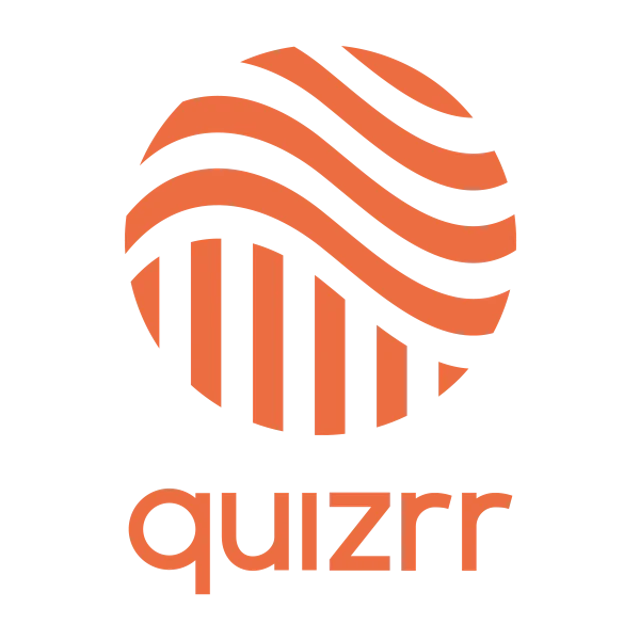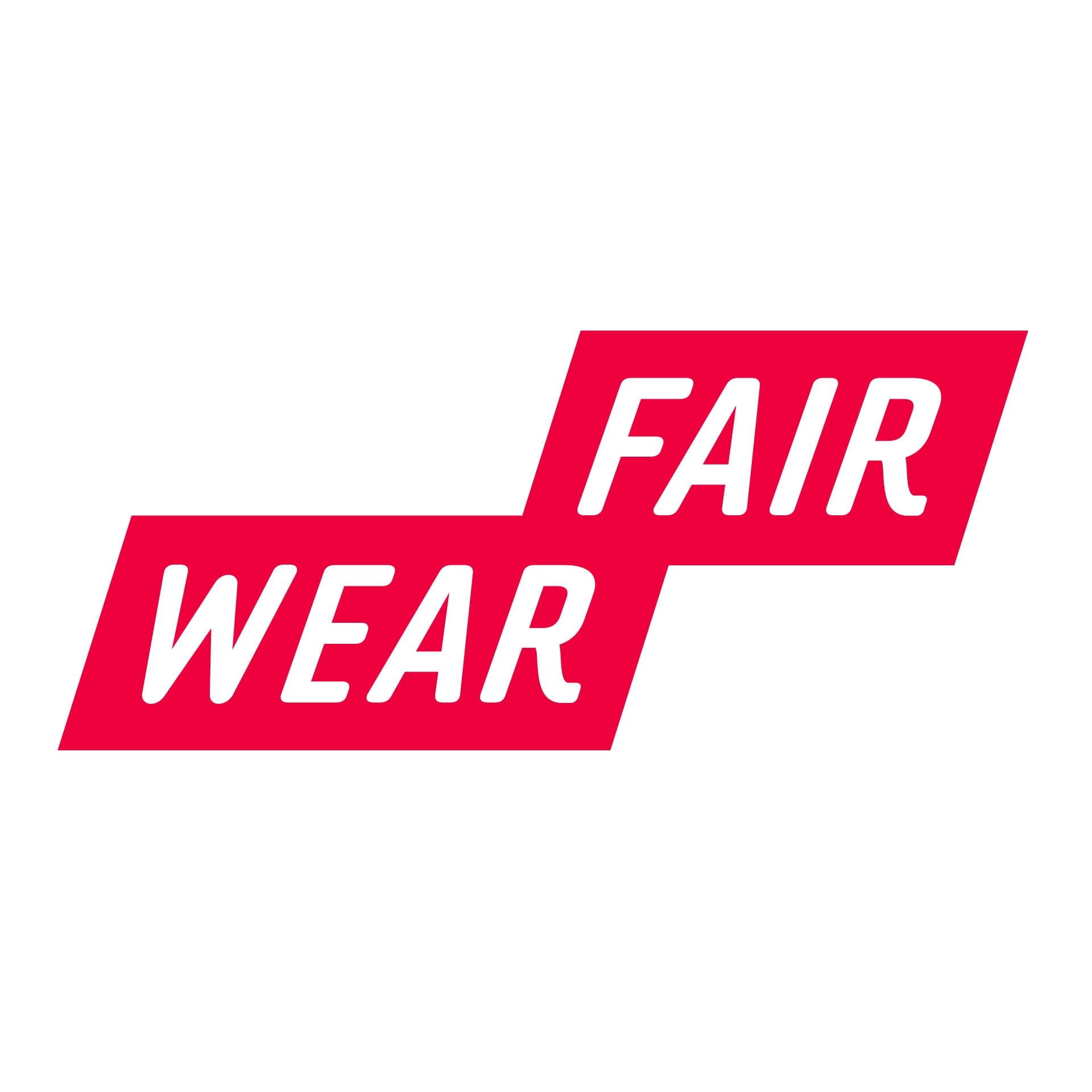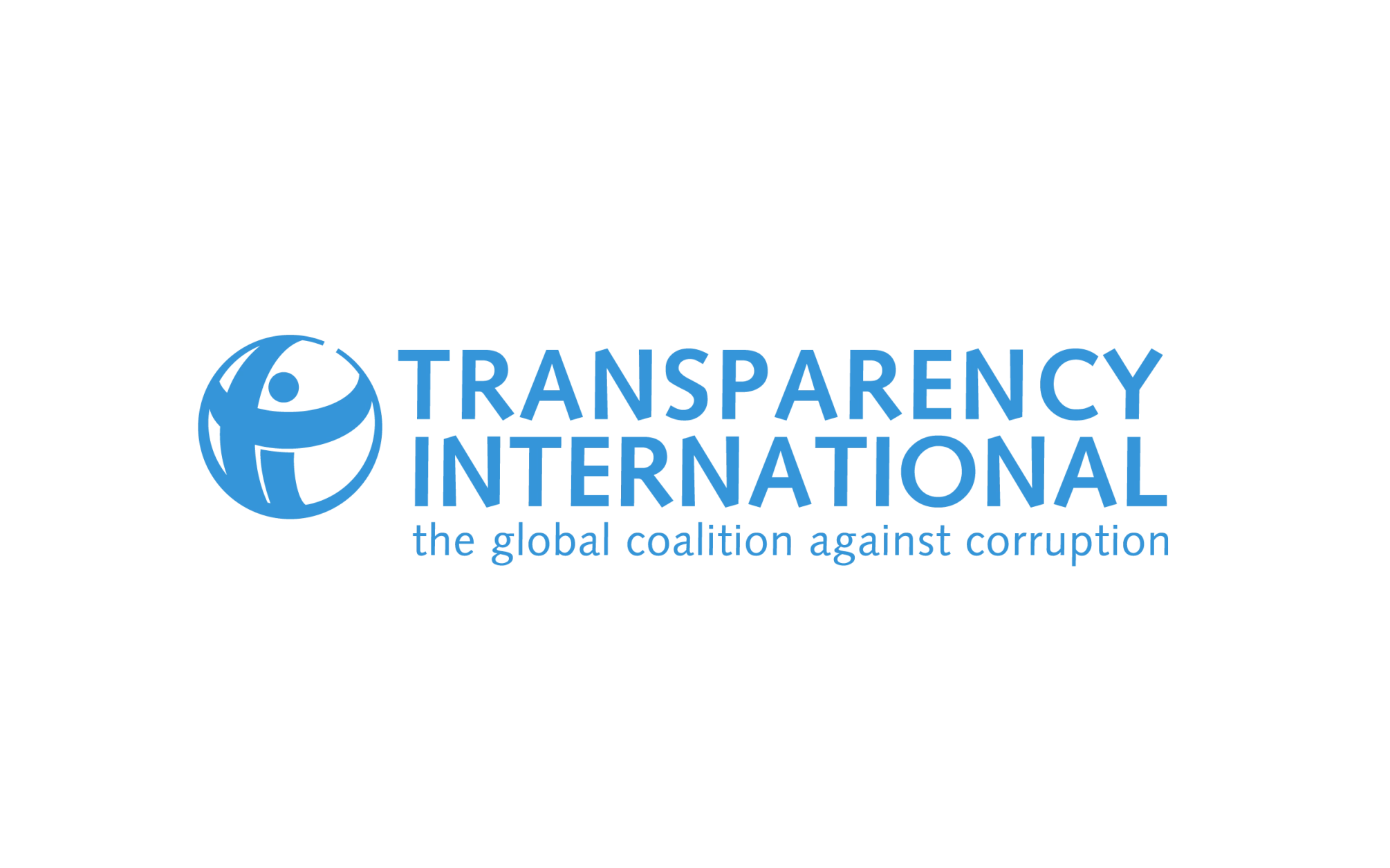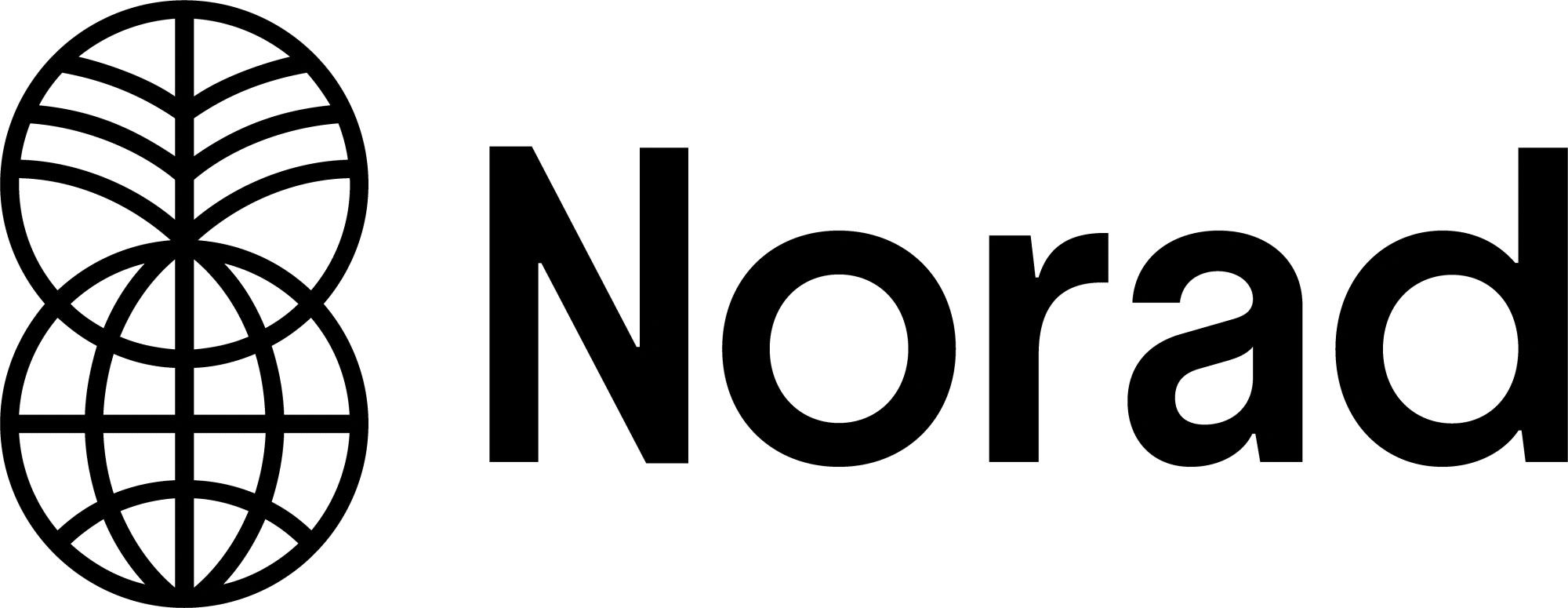Ethical Trade Norway is a member organization as well as a resource center for sustainable trade. Our purpose is to promote and encourage responsible business practice in supply chains so that trade contributes to maintain human- and worker rights, society, and environment. All of our members report to us on a yearly basis about their progress concerning ethical trade. These reports can be ordered at info@etiskhandel.no. Our privacy statement can be found here.
Ethical Trade Norway was established in the year 2000 by the Trade- and Service Industry’s Chief Organization (today known as Virke), Norwegian Church Aid, the Norwegian Organization of Trade Unions (LO), and Coop Norway. The background for the initiative was the recognition of trade as an important prerequisite for development. However, for trade to positively influence development, it must occur in a way that safeguards decent working conditions and respects people, communities, and the environment throughout the supply chain.
Today, Ethical Trade Norway is the leading network of businesses, organizations, and public entities in the Nordic region that work in a committed and systematic manner to ensure sustainable supply chains. We offer our members individual advice and support, access to courses, resources, and tools, participation in our national and international professional community with opportunities for skill development and exchange of experiences. Ethical Trade Norway is a multi-stakeholder initiative which enables tackling complex and challenging issues that individual companies cannot address alone.
Our guidance and reporting framework are based on the two international frameworks that define corporate social responsibility: the United Nations Guiding Principles on Business and Human Rights and the OECD Guidelines for Multinational Enterprises, including the OECD’s methodology for due diligence.
Our Declaration of Principles is based on the international standards for human rights, decent work, the environment, anti-corruption, and animal welfare. The principles are based on UN and ILO conventions and establish minimum, not maximum, standards. The legislation at the production site must be respected. Where national laws and regulations cover the same issues as these guidelines, the highest standard shall apply. Our sister organizations, ETI, Ethical Trade Denmark, and ETI Sweden, have adopted similar principles. Our members commit to working to ensure these standards within their own businesses and throughout the supply chain.
Ethical Trade Norway has a broad network of valuable partners. Collaboration is key to achieving improvements, both in producer countries and here at home.
We have strategic partnerships with our sister organizations in Sweden, Denmark, the United Kingdom, India, and Bangladesh. Similarly, we collaborate with NORAD through our NORAD-funded projects. Within the public sector, we also work closely with the Agency for Public and Financial Management (DFØ).
Please see below for further descriptions of our partners.

The UN initiative Global Compact is a network and a tool for businesses that wish to work with social responsibility. Ethical trade Norway is a member of Global Compact.

The contact point is meant to promote OECD’s Guidelines for Multinational Enterprises, as well as contribute to maintaining single cases of these guidelines. All OECD countries are committed to establish a non-legal complaint procedure.

QuizRR develops digital training platforms to promote business responsibility and capacity building in global supply chains through dialogue and worker involvement.

Fair Wear Foundation (FWF) is a Dutch member organization for fashion and textiles, with several renowned brands in their membership roster. FWF and Ethical trade Norway have continually maintained contact and held meetings for years. In 2011 the cooperation was formalized through a deal.

Ethical trade Norway entered a cooperation with Transparency International Norway (TI Norway) in February 2014. The cooperation’s purpose is to strengthen both organizations’ work with businesses and public sector.
Ethical trade Norway was crucial in the founding of our Swedish sister organization, which was established in the fall of 2019. As with our other sister organizations we have a closely knit cooperation with ETI Sweden.
One of DFØ’s tasks is to renew the public sector, which includes public procurements. Together, DFØs and Ethical trade Norway promote, cooperate, and lay the grounds for socially responsible purchasing.
Ethical trade Norway was central when our sister organization in Denmark was established in 2008. As with ETI, we have a closely knit cooperation with DIEH, which among other things include tool development and activities in producer countries.
ETI was established in 1998 and is IEH’s British sister organization. ETI has several internationally recognized brands and organizations in their membership roster. ETI and Ethical trade Norway have a close and continuous cooperation, both strategically and operatively.

Ethical trade Norway has a framework agreement with Norad. Their support is used for activities in producer countries, as well as information- and recruiting work. IEH reports annually to Norad.
We have various projects with our partners in Bangladesh, Vietnam, the Ivory Coast and South Africa. Read more about the projects here.
Members of Ethical Trade Norway are committed to submitting an annual report on their work with due diligence assessments and ethical trade. The reports are publicly available in the membership list below.
Each year, members are required to submit a report on their work with due diligence assessments and ethical trade. This work is based on Ethical Trade Norway’s principles, which cover areas such as decent work, human rights, environment, climate, anti-corruption, and animal welfare. Members are obligated to report on the challenges they face and the measures they implement to address these challenges, with a particular focus on the supply chain.
The majority of our members use our digital reporting template. This template is based on the OECD’s Model for Due Diligence Assessments and is similar to the requirements of the Transparency Act’s. The model consists of six steps that describe how businesses can work towards more responsible and sustainable business practices. Being proficient in due diligence assessments does not mean that a company has no negative impact, but rather that the company is open and honest about challenges and handles them in the best possible way in consultation with its stakeholders.
If the report is filled out properly and meets our base level requirements, it will comply with the Transparency Act’s disclosure requirements under §5. Some members submit GRI reports, which are also made public in the list below.
Ethical Trade Norway is certified as an Eco-Lighthouse (Miljøfyrtårn). By fulfilling the requirements of the Eco-Lighthouse Foundation for sustainability, we contribute to reducing the negative impact of our operations on people, communities, and the environment.
The certification requires us to actively work on energy-saving measures, health and safety, procurement practices, waste management, and environmental management. Through our work with Eco-Lighthouse, we gain concrete tools to implement effective and profitable improvements in specific areas such as greenhouse gas emissions, food waste, environmental impact, and working environment. We continuously strive to reduce our carbon footprint through established routines.
In addition to the general requirements, Ethical Trade Norway is certified according to the requirements for Green Conferences. As a resource center for sustainable business practices, a significant part of our operations involves training and facilitating multi-stakeholder collaborations through various events. By following the Green Conference Guidelines, we commit to focus on climate and the environment in areas such as choice of venues, catering, waste management, and transportation.